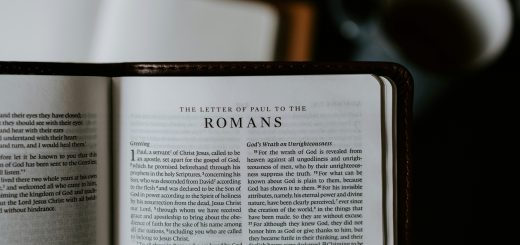How are we reading Revelation?
By Mr Quek Tze-Ming
As we work our way through our sermon series, let’s note four basic ways people today read Revelation:
- Preterists read Revelation as written to first-century churches about first-century issues.
- Idealists read Revelation as timeless images and truths about God, the Church, the state, and God’s plan for this world.
- Historicists read Revelation as a sketch of the history of the Church from the first century until the end.
- Futurists think Revelation is totally, or nearly entirely, about the future.
And, of course, readers can adopt any number of combinations of these four, depending on where they are in the book. What dominates in popular Christian imagination is the Futurist reading (think of the “Left Behind” series from a few years ago).
To evaluate between these readings, we can ask: What does this way of reading do to us?
Does this way of reading lead to pride or speculation? Does it see everything as encoded predictions of future events that only insiders can decode, claiming to know things that no humans can possibly know?
Does it lead to fatalism, resigned that wars and calamities are beyond human influence?
Does it lead to escapism, encouraging fear of suffering or death?
Does it lead to withdrawal, so that the goal of life is to escape this earth, rather than praying and joining in God’s work for God’s will to be done “on earth as it is in heaven”?
Does it lead to vindictiveness, so that we rejoice in the gruesome suffering of others, or think that the ultimate solution to all problems is violence?
What kind of Christian does our reading of Revelation make us?
The preaching team is convicted that Revelation speaks to the opportunities and struggles of first century Christians; and contains lessons relevant to all Christians in similar situations in other times. At points it speaks to our future, since it speaks of Christ’s return which self-evidently has not yet occurred. At all times we try to be faithful to the genre of the book as letter-prophecy-apocalypse, praying that this way of reading makes us a people who conquer “by the blood of the Lamb and by the word of their testimony, for they loved not their lives even unto death.” (Rev 12:12)










